- Home›
- Healthy Living›
- 10 Most Common Causes Of High Blood Pressure In Children
10 Most Common Causes Of High Blood Pressure In Children
By: Priyanka Maheshwari Fri, 02 Feb 2024 00:45:36
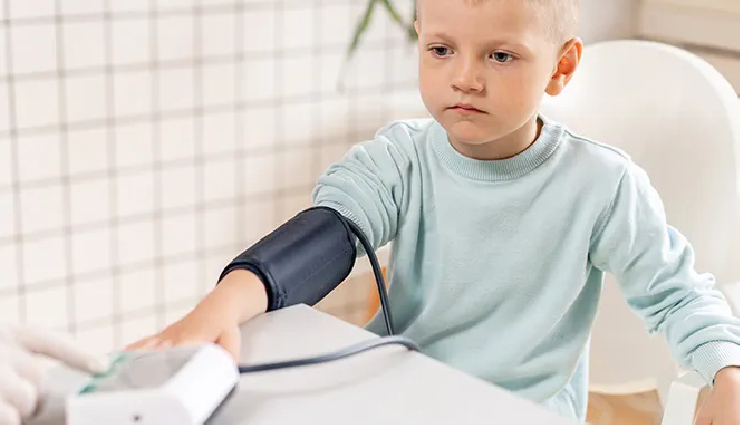
High blood pressure, or hypertension, is commonly associated with adults, but it can also affect children. While less prevalent in younger populations, pediatric hypertension is a concerning health issue that requires attention. High blood pressure in children is defined as elevated blood pressure values that exceed the normal range for a child's age, sex, and height. It is essential to monitor and manage high blood pressure in children as it can lead to various health complications if left untreated.
Several factors contribute to the development of high blood pressure in children, including genetics, family history, obesity, unhealthy dietary habits, lack of physical activity, and certain medical conditions. Additionally, children with chronic kidney disease or heart conditions may be at an increased risk of hypertension.
Diagnosing high blood pressure in children involves multiple blood pressure measurements over time, as normal values vary with age, height, and sex. Lifestyle modifications such as a healthy diet, regular physical activity, and weight management are crucial components of managing and preventing high blood pressure in children. In some cases, medication may be prescribed if lifestyle changes alone are insufficient.
Given the potential long-term health implications, it is important for parents, caregivers, and healthcare professionals to be aware of the risk factors, regularly monitor blood pressure, and collaborate on effective strategies to promote a heart-healthy lifestyle for children. Early detection and intervention are key to preventing complications associated with high blood pressure in the pediatric population.
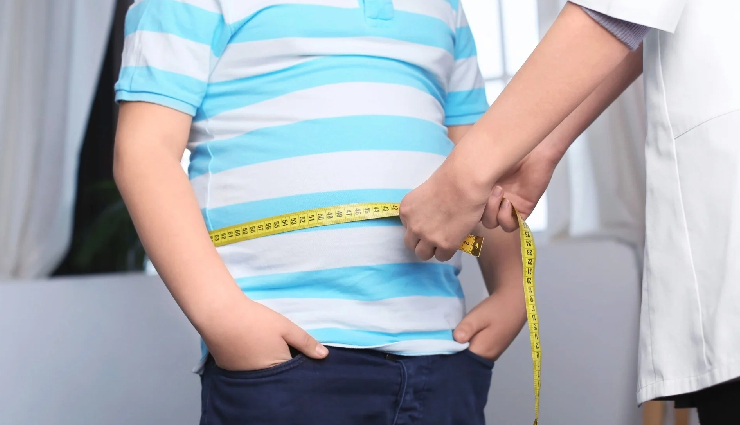
# Obesity:
Excess body weight is a significant risk factor for hypertension in children. Obesity can lead to insulin resistance and the production of inflammatory substances that contribute to elevated blood pressure.

# Unhealthy Diet:
Poor dietary habits, especially those high in sodium, saturated fats, and processed foods, can contribute to hypertension in children. Diets lacking in fruits, vegetables, and whole grains may increase the risk.

# Lack of Physical Activity:
Sedentary lifestyles and a lack of regular physical activity can contribute to the development of high blood pressure. Regular exercise helps maintain a healthy weight and supports overall cardiovascular health.

# Genetics and Family History:
Children with a family history of hypertension are at an increased risk. Genetic factors can play a role in how the body regulates blood pressure.
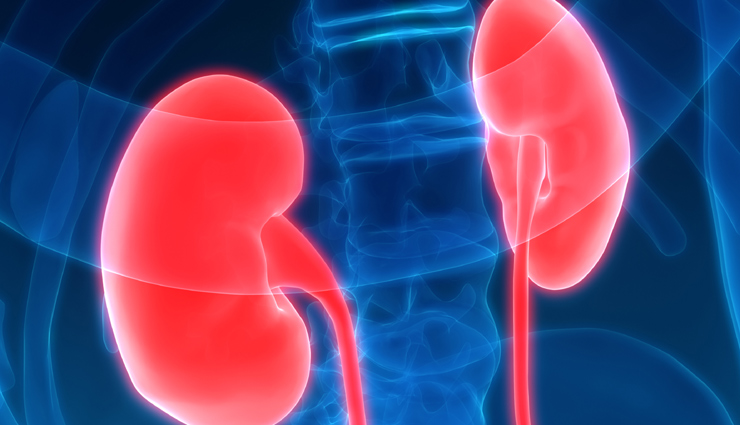
# Chronic Kidney Disease:
Kidney disorders can affect blood pressure regulation. Conditions that impact the kidneys' ability to filter and excrete waste products may contribute to hypertension.
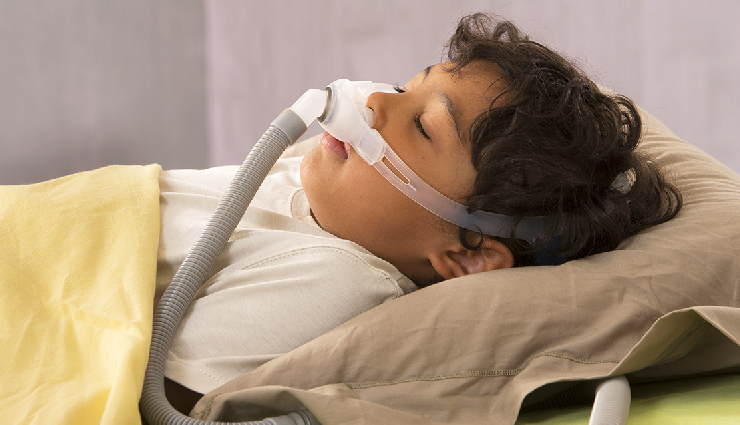
# Sleep Apnea:
Obstructive sleep apnea, a condition where breathing temporarily stops during sleep, has been linked to high blood pressure in children. This disruption in breathing can lead to increased stress on the cardiovascular system.

# Certain Medications:
Some medications, such as corticosteroids or certain over-the-counter cold medications, may contribute to elevated blood pressure in susceptible individuals.
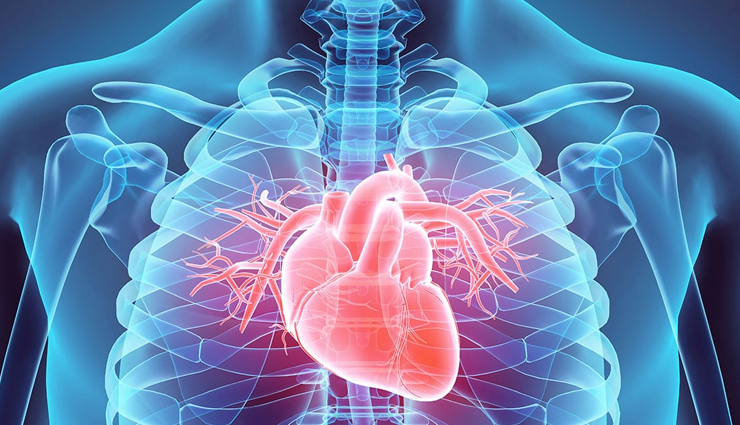
# Medical Conditions:
Certain medical conditions, such as congenital heart defects or endocrine disorders, can be associated with high blood pressure in children.

# Stress and Mental Health:
Emotional stress and mental health issues can impact blood pressure. Chronic stress and anxiety may contribute to elevated blood pressure levels.

# Puberty:
Blood pressure tends to increase naturally during puberty. However, persistent high blood pressure beyond the normal range should be monitored and addressed.





